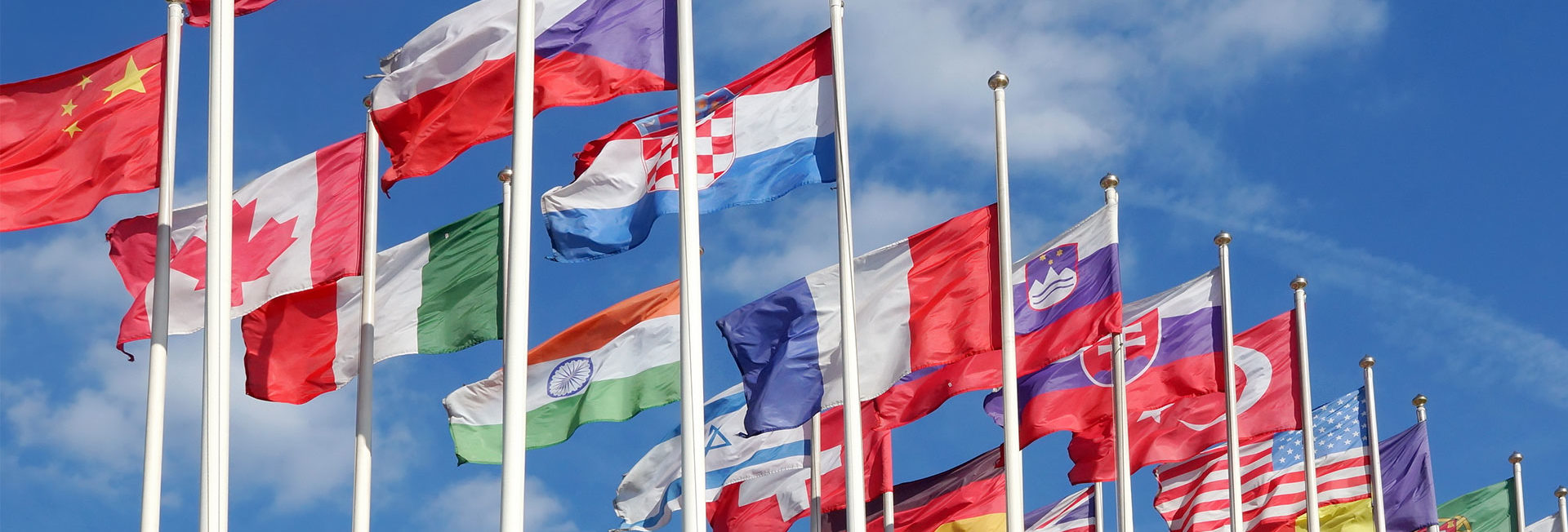Mediation Milestone – UK to Sign Singapore Convention
by James South
UK’s Next Mediation Milestone
The announcement from the UK government last week (02/02/23), that the UK is to sign and ratify the Singapore Convention on the Enforcement of Mediated Settlement Agreements (the Singapore Convention), is welcome news. From a UK perspective, it is yet another important milestone in the national development of mediation.
In one of CEDR’s early submissions to the UK Ministry of Justice encouraging the UK to become a signatory to the convention, myself and Dr Karl Mackie CBE, CEDRs Founder President, wrote:
In CEDR’s view, its main significance is that it is a statement to endorse mediation’s credibility as an internationally recognised process that can take its place respectably alongside the other two major pillars of international dispute resolution and enforcement methods – litigation and arbitration…..It is only fitting that the UK should stand shoulder to shoulder with other nations which endorse this status for mediation.
We came to this view as one of the most common refrains we have heard over the years, from judges, lawyers and governments in the over 30 countries we have worked in is: “what is the point of mediation if any settlement reached is not binding in the sense that it is enforceable?”.
This is often said in relation to the domestic legal framework, but it has also increasingly been the case in respect of cross-border disputes, which are taking on greater significance in our increasingly globalised world and as countries look to encourage foreign investment.
It is for this reason that CEDR has always believed that the signing of the Singapore Convention on 7 August 2019, and subsequent ratification by countries around the world, would prove to be a significant milestone in the development, use and acceptance of mediation, not only for cross border disputes but domestically as well.
The Convention, which was approved by a resolution of the United Nations General Assembly in December 2018, is intended to do the same for mediated settlements in cross-border disputes as the New York Convention of 1959 has done for International Arbitral Awards.
Why a Mediation Convention?
For decades, there has been a wish to improve the status of cross-border mediated settlement agreements in order to increase further the enforceability and certainty of settlements. This is why, as part of its work on commercial settlements, the Working Group II of the United Nations Commission on International Trade Law (UNCITRAL) has been developing a mediation Convention since early 2015.
The perceived need for this work by UNCITRAL came about from international mediation being recurrently turned down as an ADR option because a settlement might not be readily enforceable in a different jurisdiction.
This might seem hard for many multinationals and international Alternative Dispute Resolution (ADR) centres, which take part in numerous successful cross-border meditations globally without enforcement issues ever arising.
Nevertheless, the Convention gives reassurance that a mediated outcome will have the same protection that international arbitration has.
The Relevance to the UK
Some commentators have argued that it is unnecessary for the UK to sign the Singapore convention as it is a sophisticated mediation jurisdiction and has an effective enforcement mechanism through domestic courts.
However, this is to ignore the wider economic and political benefits of the UK being a signatory to the Convention. As Lord Bellamy KC, the Parliamentary Under Secretary of State for Justice made clear in his statement announcing that the UK will sign the convention:
With this global reach, the Convention presents opportunities for the UK to strengthen its relationships with our existing international partners and to establish new relationships. It will also reaffirm the UK’s intention to build upon its long history of leadership in international law-making fora such as the United Nations and the Hague Conference on Private International Law.
He then went on to pinpoint 4 reasons why the UK government were minded to sign the convention:
respondents generally agreed that becoming a party would signal the UK’s commitment to mediation, further enhance the UK’s status as an attractive international dispute resolution hub, promote the UK legal sector and increase the credibility of UK-based mediators.”
These are all arguments that CEDR made to the government in its submission to the consultation, so it is pleasing that these points have been recognised by the government.
Finally, it should be noted that the signing of the convention along with the development of mandatory mediation in England and Wales, will further consolidate mediation as an integral part of the dispute resolution process for both domestic and international cases.
What have we seen since its Signing and what Next?
On 7 August 2019, 46 countries signed the United Nations Convention on International Settlement Agreements Resulting from Mediation (‘Singapore Convention’), the highest figure for the first day of UN trade conventions.
Since that time, a further 9 states have signed the convention with 10 ratifying it and it having come into force on 25 February 2020 (upon the ratification of 3 states). The United Kingdom will become the 56th signatory and 11th ratification.
This is remarkable progress in only 3 and a half years. International Conventions are notoriously slow to gather signatories and even the New York Convention on the Enforcement of Arbitral Awards, which is often described as the most successful private international law convention of all time, only had 28 signatories 3 years on from its signing in 1958.
From this base, it can be expected that the number of signatories will continue to climb and CEDR will continue to work with the International Mediation Institute (IMI) and others to encourage governments around the world to sign the Convention.
In this context, one important next step will be for the European Union or its member states to finally come to the party and become signatories to the Convention. European states have played a vital role in developing mediation in their political, economic and legal arenas, and ADR professionals and organisations within the EU should continue to make the case to their government and the European commission to take this key step forward.
The goal is that in a few years’ time, when a party from any jurisdiction is in dispute with a company from another jurisdiction, whereas a decade earlier they might have been apprehensive about using a less familiar process such as mediation and worried about enforceability, they will now be both a familiar and willing participant.
Whilst there will be other specific advances in the use of international mediation in the coming years, it may be that in another decade we can pinpoint the signing of this convention as a significant moment in the incremental growth in the use of cross-border mediation.
In this light, the UK can now say it is playing its part in continuing to support the development of mediation internationally and cement itself as one of the key hubs for International Dispute Resolution,
Further details about the Singapore Convention can be found at its website.
The UK Government’s response on the consultation on whether to sign the Singapore Convention can be accessed here.



